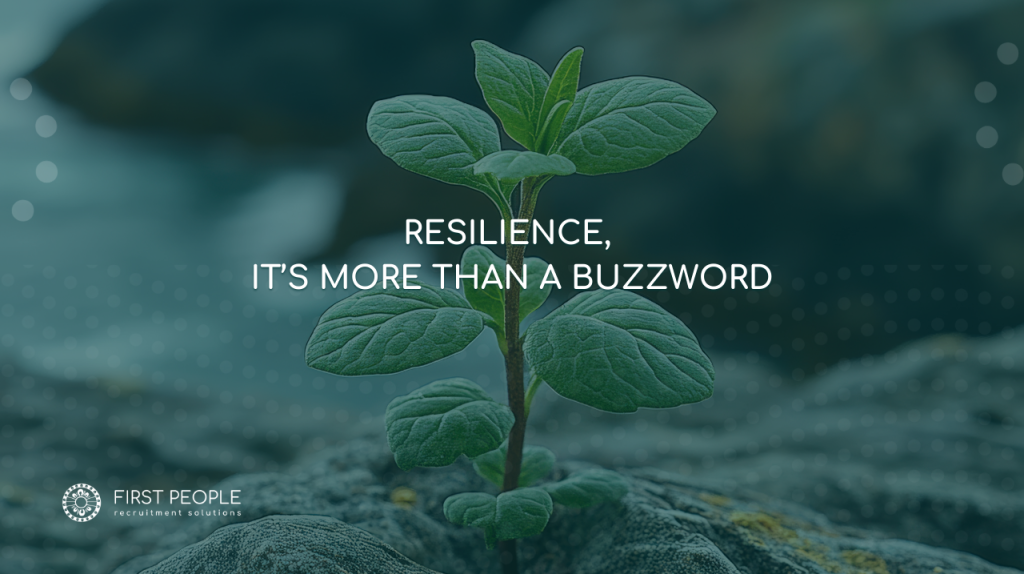True life satisfaction comes from three cornerstones, feeling accomplished, connecting with something meaningful, and experiencing joy in the moment. Many professionals hit the first two, but the third often slips away.
Take Maria, a private equity partner and mum of three. By 9 am, she’s already smashed through emails, prepped reports, and waved goodbye to the kids. By midday, she’s leading meetings, mentoring, and juggling carpool coordination. After dinner with her family and bedtime routines, she returns to her laptop for more work. On paper, she’s thriving, but where’s the space for pleasure, spontaneity or genuine happiness?
Tim’s story follows a similar rhythm. As a senior consultant, he dedicates himself fully to client projects and consistently delivers results. At home, he’s a loving husband and dad, proud of the family bonds he’s nurtured. He ticks the boxes of achievement and meaning, but time spent parenting and long work hours barely leave room for happiness.
So why do so few busy professionals feel joy on a regular basis?
A shortage of time
In a recent study of 1,500 Harvard Business School alumni—each balancing a full-time role and family life—participants spent around 50 hours weekly on work and 12 hours on household duties. After accounting for sleep, meals, hygiene and commuting, that leaves just over three hours a day for discretionary time.
Quality matters more than quantity
Although people generally report more joy during leisure than work or chores, our study found how free time is used matters more than its duration. The median person only spent about 10 of their 26 free hours each week (just over one hour a day) on joyful activities.
This trend isn’t unique to high achievers, it’s mirrored among working professionals more broadly. Driven by career and home obligations, many sacrifice joy without realising it. And yet, all three elements—achievement, meaning, and joy are essential to a fulfilling life.
So, what can you do to bring more joy into your routine? We identified five powerful strategies:
- Connect with others
Rich relationships are the strongest predictor of life satisfaction. Our study confirmed that shared leisure consistently boosts joy more than solo time, and this was true across personality types. Yes, planning group activities can be time-consuming, but the emotional payoff is worth it.
- Choose activity over passivity
Unwinding often means zoning out—TV, scrolling, or gaming, but these usually deliver less joy than active pursuits. Physical activity, hobbies, volunteering and creative work produce stronger enjoyment and long-term satisfaction.
- Follow your passion
Rather than defaulting to apparently “good” activities, choose what genuinely excites you. Joy skyrockets when you engage in intrinsically rewarding pursuits, whether that’s cooking, gardening or quirky hobbies like organising spice racks.
- Mix it up
Even your favourite activity can become stale if overdone. Variety keeps experiences fresh and engaging. One study revealed that rotating leisure activities maintains enjoyment and prevents adaptation.
- Guard your free time
Busy professionals often let work creep into personal time but that comes at a cost. Psychological detachment from work boosts overall wellbeing and job performance. People who protect their leisure time consistently report more joy and find success more sustainable.
The payoff
One participant, a senior designer laid off during COVID, realised joy was critical when routines crumbled: “I discovered that allowing myself fun time gave me patience and energy to tackle challenges.” Now with a new role, she intentionally books time each week for pure leisure and her health, family life and work have all improved.
The truth is this: You don’t need more hours, you need more sparks of joy. Busy people can create a richer life by investing their limited leisure time wisely.



